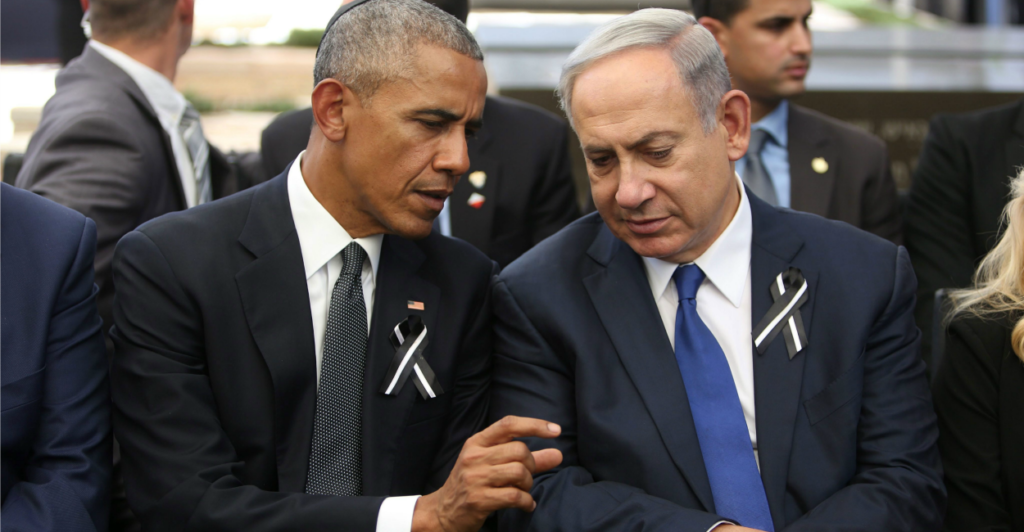Even though it remains a member of United Nations Educational, Scientific, and Cultural Organization (UNESCO), the United States has not provided any funding to the organization since 2011 when the Palestinian Authority was granted full membership in the organization.
That decision ran afoul of two U.S. laws, passed in the early 1990s, that prohibit U.S. funding for any U.N. organization that grants membership to the Palestine Liberation Organization or “any organization or group that does not have the internationally recognized attributes of statehood.”
This week, UNESCO doubled down on its efforts to appease Palestinian complaints by adopting a resolution that condemns Israel on its policies regarding Jerusalem and deliberately downplays Jewish history with the Temple Mount and the Western Wall.
Prior to the 2011 decision, the U.S. repeatedly warned UNESCO that it would have no choice but to discontinue funding if the organization granted the Palestinians membership. UNESCO’s General Conference nonetheless approved Palestinian membership with a vote of 107 in favor, 14 against, and 52 abstentions.
Despite the fact that the membership of UNESCO brought this situation upon itself, the Obama administration has repeatedly asked Congress to change the law to allow the U.S. to renew funding, offering a number of highly dubious assertions on how U.S. interests were being undermined by the failure to provide funding.
Congress has rightly refused.
Part of this resistance is UNESCO’s history of controversial actions and anti-Israel bias, including approving a Palestinian request to add the Church of the Nativity in Bethlehem and the pilgrimage route to the Palestinian World Heritage list over the objections of the U.S. and Israel.
This week, UNESCO doubled down on its efforts to appease Palestinian complaints by adopting a resolution that condemns Israel on its policies regarding Jerusalem and deliberately downplays Jewish history with the Temple Mount and the Western Wall. Specifically, the resolution repeatedly refers to Israel as the “occupying power” and accuses Israel of a long list of offenses.
Although the resolution acknowledges that the Old City of Jerusalem is sacred to Christianity, Islam, and Judaism, it refers to the “Al-Aqsa Mosque/Al-Haram Al-Sharif” only as Muslim holy sites and ignores the historical and religious connections of these sites to the Jewish people.
Only six Western nations—Estonia, Germany, Lithuania, the Netherlands, the U.K., and the U.S.—voted against the resolution.
Israel has suspended all professional activities with the organization. As noted by Israeli Prime Minister Benjamin Netanyahu, “To say that Israel has no connection to the Temple Mount and the Western Wall is like saying that China has no connection to the Great Wall of China or that Egypt has no connection to the pyramids. By this absurd decision, UNESCO has lost what little legitimacy it had left.”
The U.S. should join Israel and cease its cooperation with UNESCO until the resolution is reversed.
Beyond UNESCO’s controversial decisions, the resistance to funding UNESCO in Congress is based on a bigger concern—that Palestinian membership in the U.N. and its specialized agencies prior to formal recognition of Israel by the Palestinians and a negotiated peace threatens U.S. and Israeli interests.
Additionally, allowing funding for UNESCO would encourage other U.N. organizations to similarly grant membership to the Palestinians. As noted by Reps. Ileana Ros-Lehtinen, R-Fla., and Brad Sherman, D-Calif., the funding prohibition is: “vital in successfully derailing attempts … to seek de facto recognition of a Palestinian state from the U.N. via the granting of membership to ‘Palestine’ in U.N. agencies, including UNESCO. … ”
Unfortunately, because the U.S. remains a member of UNESCO but is legally prohibited from providing funding, it is accumulating debts to the organization. This is not in our interests.
But changing the law to allow funding for UNESCO would undermine more significant U.S. interests by rewarding Palestinian efforts to avoid a negotiated peace with and recognition of Israel, accepting UNESCO’s support for that position, and encouraging other U.N. organizations to follow suit.
The next administration should act responsibly and withdraw the U.S. from UNESCO.
